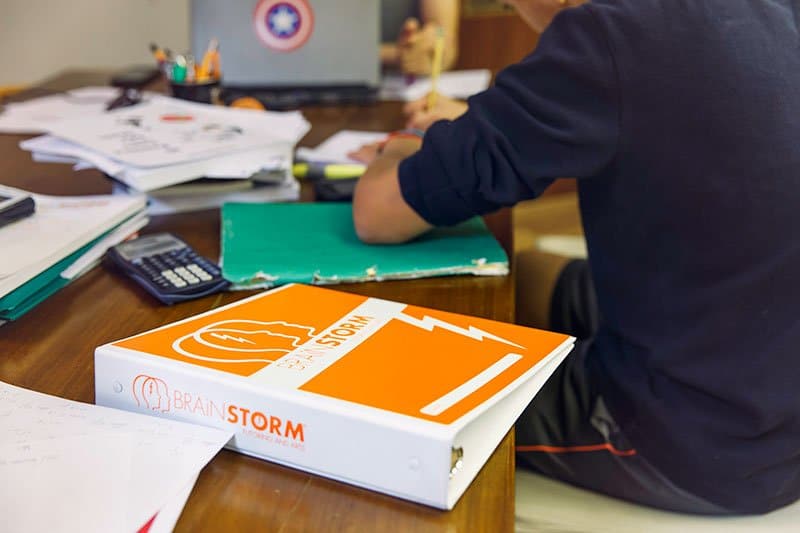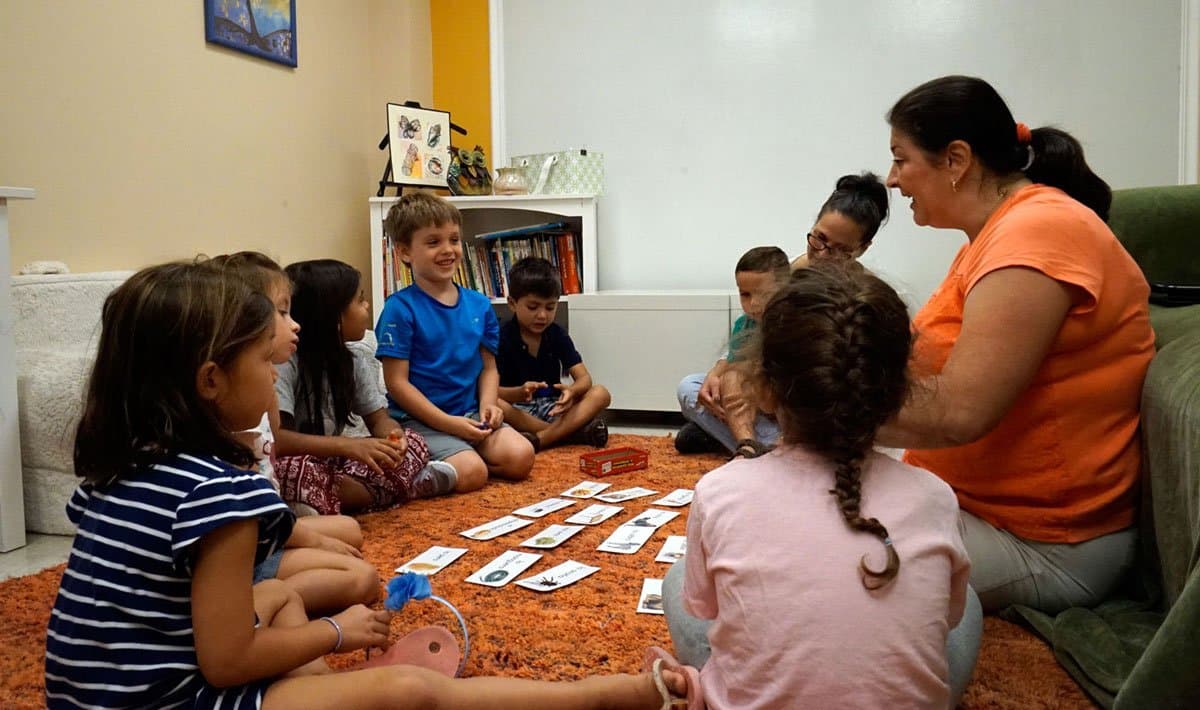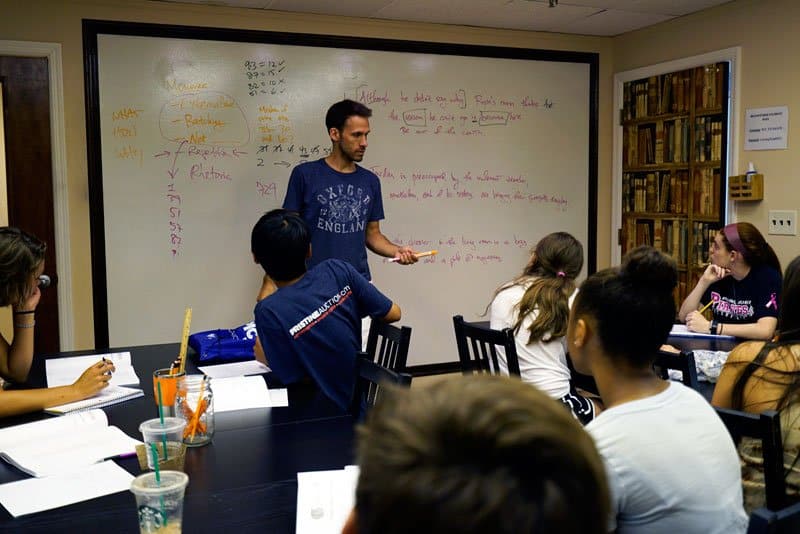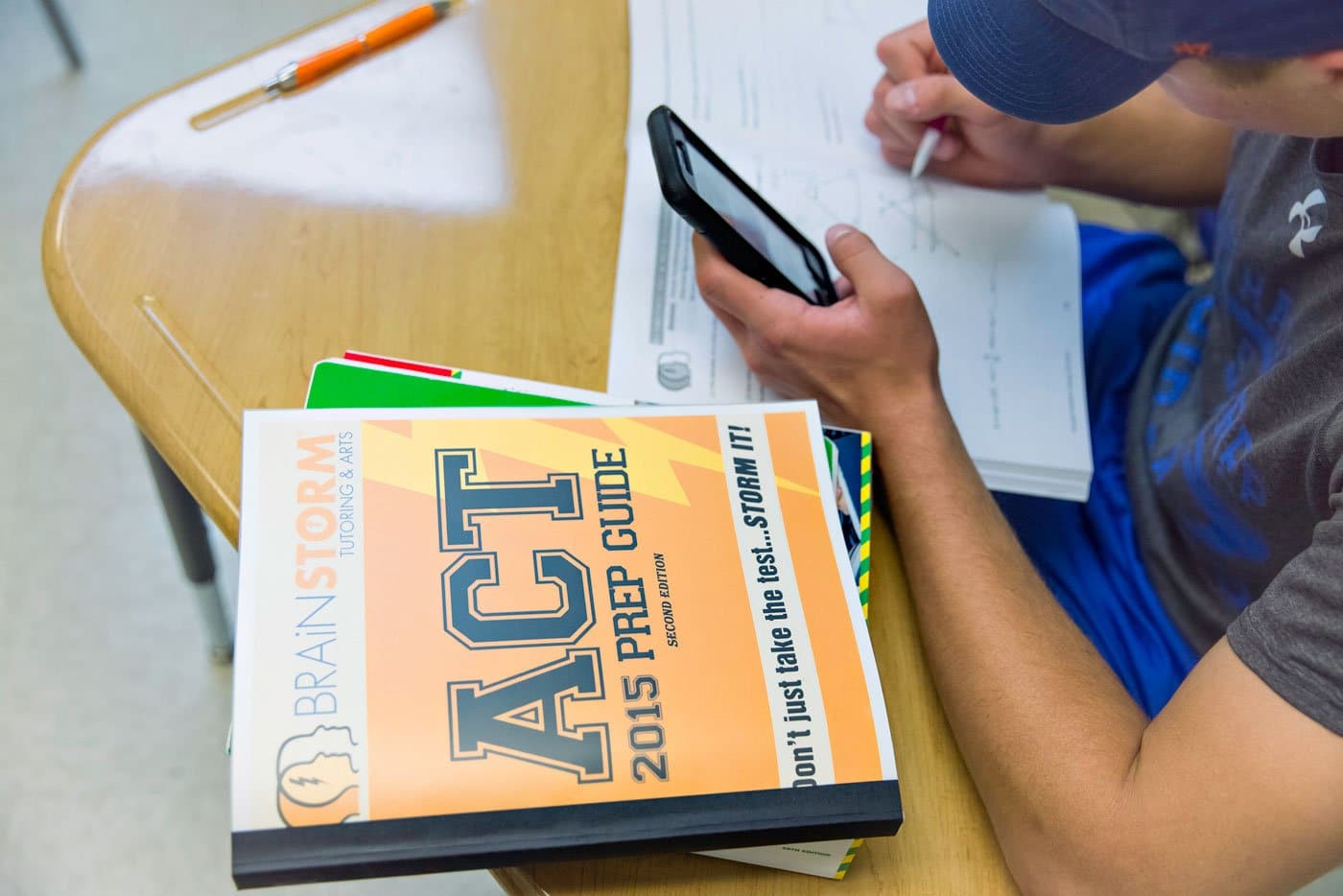

RESOURCES
BrainFood Blog
Below are dozens of articles, infographics, unique PDFs, and other resources to equip your kids to STORM the test (+ develop Confidence for Life)!
You probably already know that too much sugar is bad for you. Since we were children we've been told that sugar can [...]
For us, Orange Thursday is the official start of the holiday season. What is Orange Thursday? Well, we are so glad you [...]
Would you say you are a morning person or a night owl? The distinction between the two can alter your approach to [...]
It’s no secret that college is expensive. Cost is a major consideration for students, and their families, when evaluating where to spend their [...]
The term Executive Functioning is used often when it comes to the classroom environment, but do we understand what it means? [...]
How can the school support my student with special needs? Those who have a specific learning need can qualify for an [...]
To take or not to take the SAT/ACT, that is the question! With so many schools going test optional, why should [...]
Writing is more important than ever these days. While many schools have forgotten the art of a well-written sentence, it could mean [...]
I’m not exaggerating. I believe your child is awesome. And talented. And, perhaps, feeling overwhelmed at the moment with challenges in & [...]
As BrainStorm continues to roll out its uniquely effective college coaching program, we are excited to bring you a host of resources [...]
Sure, we've all heard plenty of podcasts and read plenty of articles on superfoods. In this article, we are going to hit [...]
College essay time, yay! Time to write my life story in 600 words! (eeeeeek!) Many students are appropriately reticent (or violently [...]
United States colleges and universities now routinely charge $50,000 or more per school for tuition. Some add exorbitant fees, steep room & [...]
Do you want your child to learn a second language so he or she can speak with non-English speaking relatives? Or do [...]
We are all after that elusive “Ahhh” moment: the empty inbox. The fully checked-off to-do list. The feeling that we have CRUSHED [...]
Every high school has its own (sometimes convoluted) system for calculating students’ grade point averages. Some schools in Northern New Jersey, such [...]
We’ve all been there: massive text book open in front of you, late-night fatigue hanging in the air. Tomorrow’s supposed to [...]
One of the keys to success in school is learning the art of studying with someone else. Here are 4 reasons [...]
SAT or ACT? Colleges and universities around the U.S. now accept either of these two standardized tests without preference for one or [...]
Wendy Troxel, a sleep researcher who specializes in behavioral treatments for insomnia and other sleep disorders, discusses the sleeping problem teens face [...]

































